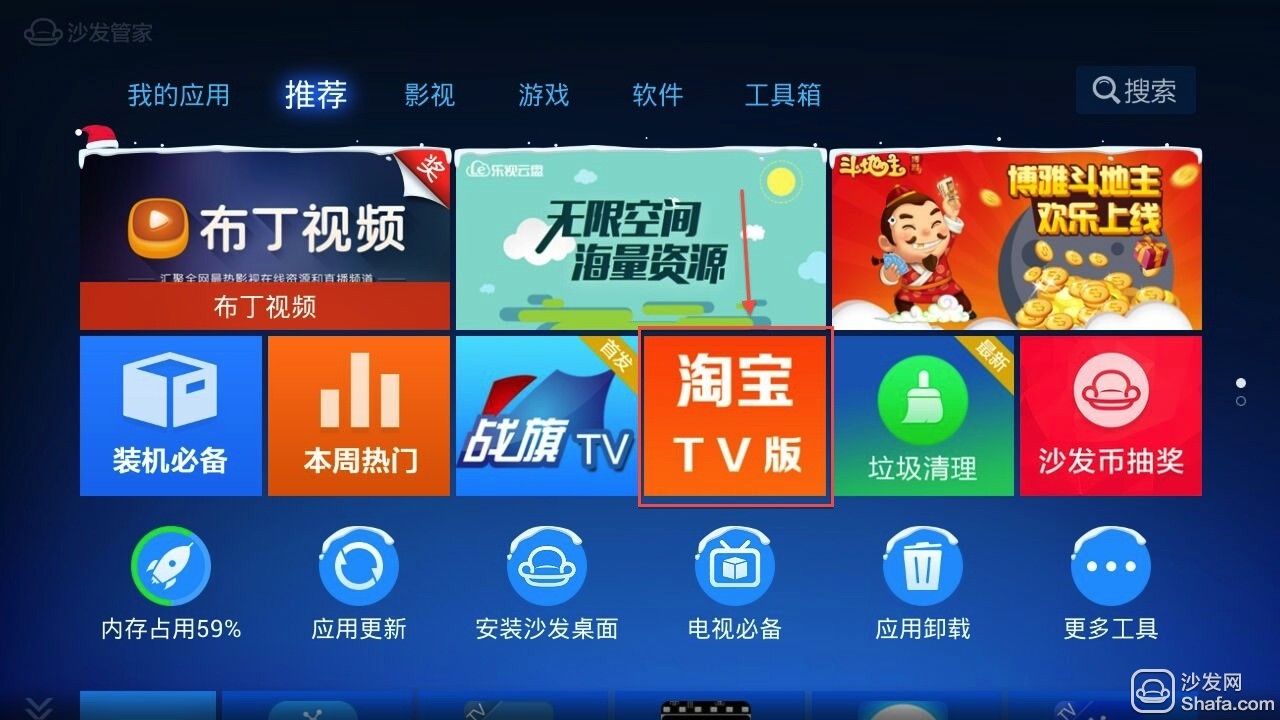After the development of 3G, mobile continued to maintain its dominant position in the field, accounting for approximately 60% of the market share of the communications market, followed by China Unicom, followed by telecommunications, and remained in the “esco†role. However, after the Ministry of Industry and Information Technology formally issues LTE-FDD licenses to Unicom and Telecom, China Telecom will have the opportunity to change its weak position.

This time, Telecom and China Unicom have received FDD licenses. However, compared to China Unicom, telecommunications demand for 4G licenses is much more urgent.
From 2G, 3G to 4G, data becomes more and more important. However, to provide wireless data services, the broadband transmission network is the basis except for the speed of wireless networks. To get a high-speed Internet access experience on a mobile phone network, users must first ensure that the transmission network can provide a suitable network transmission speed, and then the wireless air interface can provide such powerful data traffic. Although 4G can provide us with speeds above 100 mbps, we can only achieve this speed with transmission network support. For example, although we display 100 mbps for home WIFI, the home broadband is only 8 mpbs. In fact, the network speed cannot exceed 8 mbps. Unicom 4G is evenly matched with telecommunications in terms of network speed, but there is still a certain gap between telecommunications infrastructure and telecommunications infrastructure.
Telecom has always had its own advantage in the infrastructure of the transmission network. In 2009, Unicom made use of its merger with China Netcom to obtain a partial transmission network foundation. According to the data as of the end of June 2009, China Telecom’s international export bandwidth is 416.78G, and China Unicom 295.14G. China Unicom’s export broadband is 70.8% of telecommunications. In the following years, China Telecom continued to consolidate its advantages in fixed-line broadband, strengthen the construction of transmission networks, and further widened the gap with China Unicom. According to data released by the China Internet Information Center (CNNIC), as of December 2014, China Telecom’s international export broadband was 2569.5G, China Unicom was 1037G, and China Unicom had only 40.4% of telecommunications.
Internet resources are the advantages of China Telecom's relative connectivity. Since all types of websites in China are based on China Telecom's network to build data centers, when we use the telecommunications network to access websites, we can open web pages and download speeds will be faster and more stable. According to data released by CNZZ, in May 2014, China Telecom had a market share of 53.49% in the domestic network access provider market, and China Unicom was 27.86%.
Unicom is hesitant between HSPA+ (including U900) and FDD, and it needs huge investment in wireless network and wired fixed network. Telecom has far stronger than China Unicom's strong wired fixed network can provide support for wireless networks, and its 3G network is very good. As long as we focus on building an FDD network, Unicom's revenue and profit have no advantage over telecommunications. In the first half of 2014, Unicom had revenue of 149.57 billion and net profit of 6.69 billion; telecommunications revenue was 166 billion and net profit was 11.4 billion.
FDD will help Telecom and Mobile compete
China Telecom has an overwhelming advantage over China Mobile in fixed-line broadband. At the end of June 2009, China Mobile’s export bandwidth was only 15G, which was only 5% of China Telecom. In the 3G era, China Mobile used to purchase fiber optic cables to build transmission networks. From 2009 to 2014, China Mobile has been making efforts to invest in the construction of transmission networks. In 2011, China Mobile purchased nearly half of the fiber optic cables on the Chinese market and invested 23.1 billion. In 2013, the planned investment is 59 billion and the planned investment in 2014 is 63 billion, hoping to strengthen its own broadband transmission network. After five years of efforts by China Mobile, international export broadband reached 390G by 25 times. Its growth rate was nearly five times that of telecommunications, which narrowed the gap between telecommunications, but it was still only 15.2% of telecommunications, but it quickly narrowed the gap with China Unicom.
In terms of Internet resources, China Telecom also has an overwhelming advantage over its relative mobile counterparts. According to data released by CNZZ, in May 2014, China Telecom had a market share of 53.49% in the domestic network access provider market, and China Mobile was 7.94%.
LTE-FDD helps telecommunications to build a nationwide 4G network to save money and time. In 2011, Qualcomm released a report that, in the same frequency band and the same transmission power, TD-LTE is 40% or even 80% less than LTE-FDD coverage, plus China Telecom’s existing transmission network infrastructure. It will save time and money for China Telecom to build LTE-FDD network into the best 4G network in China. When China Telecom operates CDMA, it is precisely because of the advantages of CDMA that it brings greater coverage in the low-frequency band. In 16 months, CDMA2000 network will be built to become the best 3G network in China, and China Mobile’s TD-SCDMA 45 More than 10,000 base stations, coverage is still inferior to China Telecom!
The speed of LTE-FDD can reach 150 mbps, which is faster than China Mobile's TD-LTE 100 mbps. The delay also has advantages. It can be better supported in high-speed moving scenarios such as high-speed railways, combined with China Telecom’s existing fixed-line transmissions, Internet resource advantages can better support the development of 4G services.
In conclusion, the licensing of FDD will help the development of telecommunications and form the relative advantages of fixed and mobile services. It is expected to overtake Unicom and form part of its advantages over China Mobile to help break through telecommunications.
Recommended installation sofa butler, download address: http://app.shafa.com/
